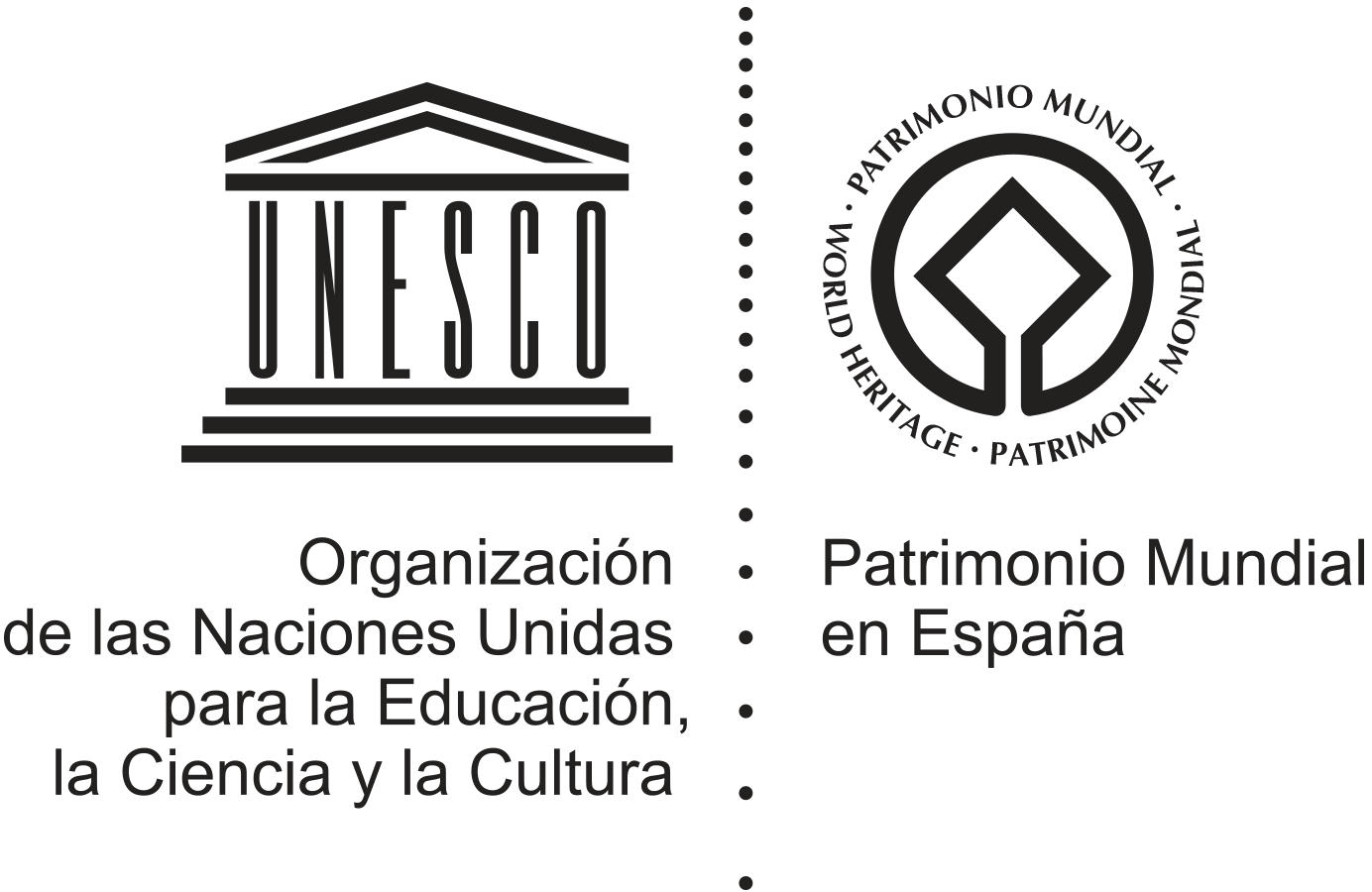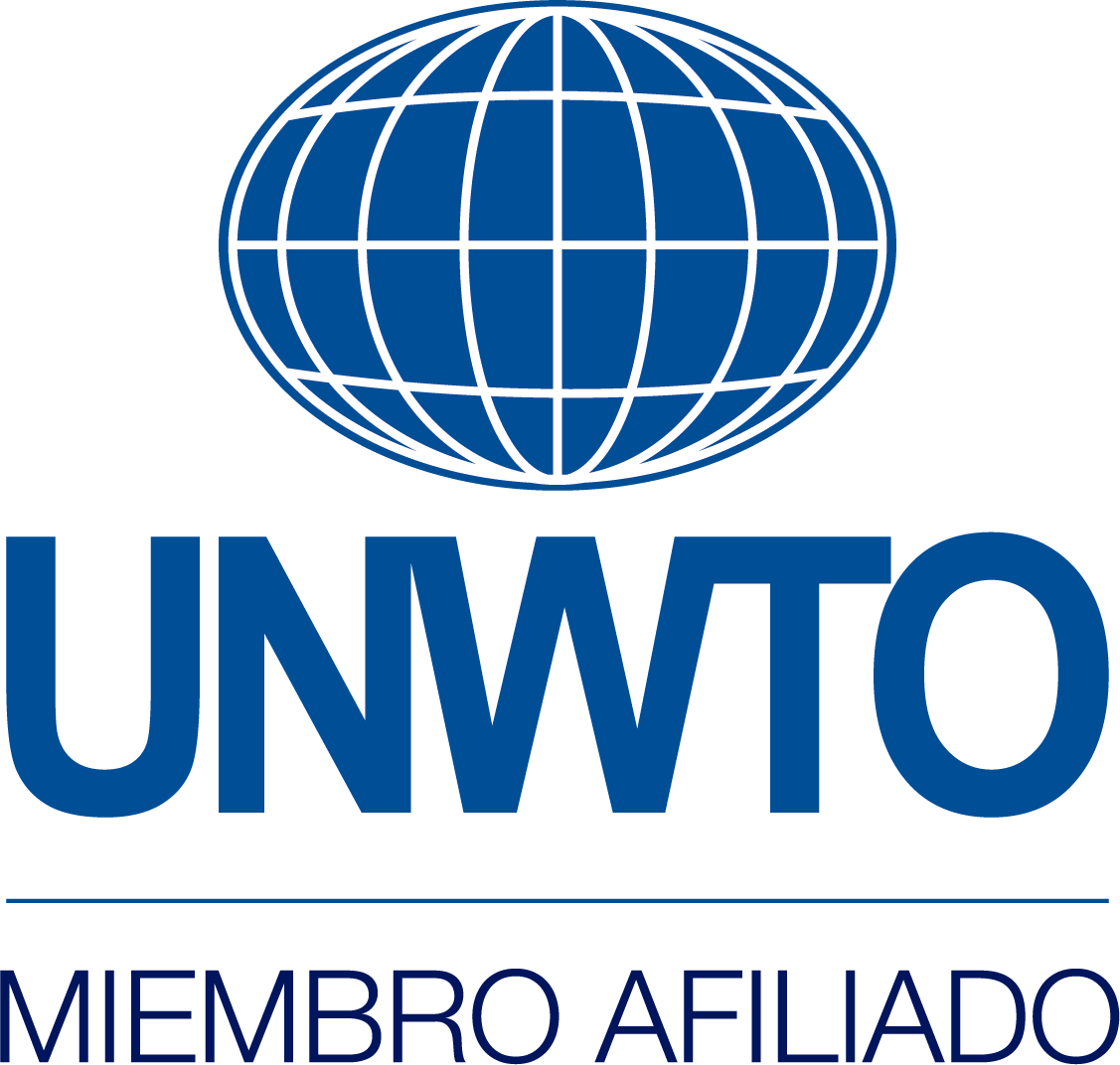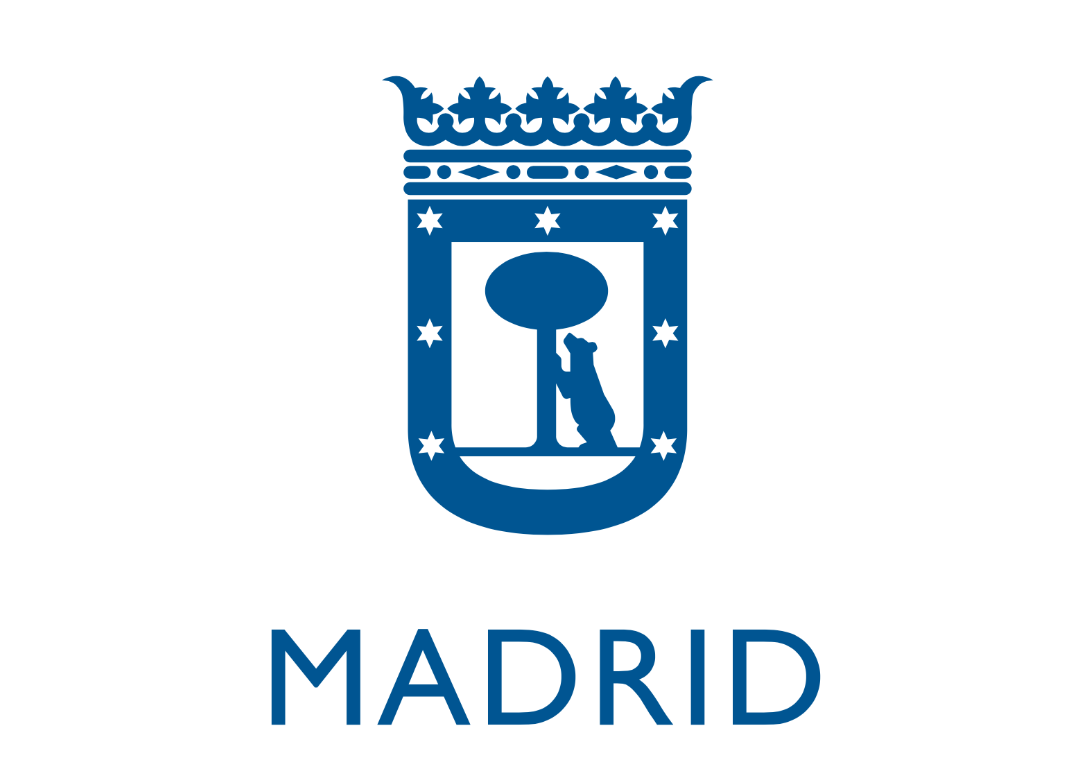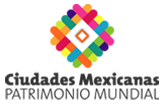Miles de personas disfrutan en todo el país de la noche mágica de la cultura en las 15 Ciudades Patrimonio de la Humanidad
Asamblea General en Mérida: El Grupo de Ciudades Patrimonio de la Humanidad pide al Gobierno que genere una línea de asignación directa de los Fondos de Resilencia para los ayuntamientos
El presidente del Grupo y alcalde de Mérida, Antonio Rodríguez Osuna, reclama la asignación directa de los fondos europeos para que las 15 Ciudades Patrimonio puedan impulsar el turismo y la puesta en valor del Patrimonio Mundial
La Asamblea de las Ciudades Patrimonio, reunida en Mérida, ha acordado entregar el Premio Patrimonio 2021 a la Fundación Catedral de Santiago por el trabajo de restauración y rehabilitación del conjunto histórico-monumental de la Catedral de Santiago de Compostela
También se han presentado las nuevas guías gastroturísticas, que reúnen la oferta gastronómica, turística y cultural de las 15 ciudades
La Fundación Catedral de Santiago de Compostela, Premio Patrimonio 2021
Successful Concert of the Spanish World Heritage Cities to inaugurate the 67th edition of the Merida Festival
HM, the Queen Sofía attended the extraordinary concert, which is part of the celebrations of the Assembly of Mayors of the Spanish World Heritage Cities Group in Mérida
The Freixenet Symphony Orchestra of the Reina Sofía School of Music, under the direction of Jordi Francés, performed works by Brahms and Schumann
The concert was broadcasted live on the La 2 channel of RTVE
The Heritage Cities, Cultural Cities Forum is held on June 14th and 15th in Alcalá de Henares
The President of the Group and Mayor of Mérida, Antonio Rodríguez Osuna, inaugurates on June 14th a Forum that will be held in person and online and that will feature national and international guest speakers from France, Italy, England and Mexico.
La Comisión de Turismo del Grupo de Ciudades Patrimonio ha aprobado la puesta en marcha de una campaña publicitaria dirigida al mercado naciona
Las Ciudades Patrimonio y el Festival de Mérida se unen para ofrecer el concierto inaugural de la 67 edición a cargo de la Orquesta Sinfónica Reina Sofía
The largest French tour operators meet with the Spanish Heritage Cities and Paradores in Paris
The Minister of Tourism participates in the presentation of the offer of both organizations that has been held at the Embassy of Spain in Paris
The event was attended by the Mayors of the Spanish Heritage Cities and the President of Paradores
The Lucía de Medrano Institute of Secondary Education in Salamanca wins AULA PATRIMONIO 2021 contest
The Spanish World Heritage Cities Group presents the award.
The President of the Culture Commission and Mayor of San Cristóbal de La Laguna, Luis Yeray Gutiérrez, congratulates the winners and all the participating centers
The Spanish Heritage Cities has signed a universal accessibility program with Fundación ONCE
The Heritage Cities Group advances in common strategies to homogenize World Heritage signage
Las Ciudades Patrimonio marcan en Salamanca el punto de partida para la recuperación turística
The Spanish World Heritage Cities Group launches an ambitious plan to maintain its leadership in cultural and heritage tourism
March 18th, 2021
Mérida, Thursday March 18th, 2021.-The Spanish World Heritage Cities Group presented today in Mérida the Strategic Plan for the reactivation of cultural and heritage tourism, in an event that was attended by the Minister of Industry, Commerce and Tourism, Ms.Reyes Maroto; the President of the Junta de Extremadura, Mr. Guillermo Fernández Vara and the President of the Spanish World Heritage Cities Group and Mayor of Mérida, Mr. Antonio Rodríguez Osuna, along with the mayors of the 15 cities. The Plan has been drawn up by Braintrust consultants, with funding from the Secretary of State for Tourism, and provides for concrete action plans, with instruments and strategies to be applied in a concrete way in each city.
The Minister of Industry, Commerce and Tourism, Ms. Reyes Maroto, has affirmed that “the COVID 19 crisis has left a huge impact on tourist activity around the world, with very important drops in the influx of travelers to all destinations at global level and we must congratulate the World Heritage Cities Group for taking advantage of this period to work on a plan to reactivate tourism that positions them as cultural and sustainable destinations, in a recovery scenario with very hopeful forecasts ”. Maroto highlighted that “the cities that make up the Group offer a product with a complete and safe experience, they are cities steeped in history but also cities of the future and generators of talent; they are a focus of attraction for travelers looking for new experiences ”.
Mr. Ángel Butragueño, director of Braintrust, a leading company in the field of tourism consulting, explained that “within the framework of the project, the habits and behaviors of post-pandemic tourists have been investigated, and have showed important changes in their approach to traveling and the main conclusions are that visitors seek for:
● health security
● open natural places and spaces
● no overcrowding
● driving with their own cars and prefer to stay in smaller accommodation
● quiet trips that offer a complete experience
● culture, along with nature, heritage and gastronomy prevail.
● bookings are made rather online then in person
● mobile phones are an inseparable ally while travelling thanks to contactless purchasing options
According to Butragueño, the Plan states that "the World Heritage Cities Group brand has a solid brand with a high reputation, although it must be able to increase its notoriety." In this sense, the plan defines a key vision: To be the Group of Cities with the widest cultural and experiential offer on the market, fostering innovation to evolve its positioning towards sustainability, and based on four axes:
● targeting traveller groups
● improving the value proposition.
● continuous promotion of innovation and digitization.
● taking advantage of synergies among the 15 cities.
The project also marks 12 main lines of action for the Group, which each of the cities will address individually based on their current situation, their needs, objectives, and their tourism approach to the future, all of them attached to the Network of Smart Tourist Destinations. Those 12 lines are:
● increase the visibility of the group and unesco’s branding.
● create a joint tourism product.
● improve the unique experiential brand positioning.
● segment and define the target audience.
● expand, adapt and personalize the value proposition through continuous innovation.
● increase the digitization of tourism consumption.
● design new communication and promotion strategies and dynamics.
● develop a network of alliances.
● implement customer strategies through data optimization.
● train all actors in the tourism value chain.
● take advantage of synergies between cities.
● create a diversified, aligned and consensual model, involving both public and private institutions, and taking the citizens into account.
The presentation of the Plan in Mérida was attended by the 15 mayors of the Group. The four majors that make up the Executive Commission have been in person: The mayor of Ibiza and former president of the Group, Mr.Rafael Ruiz; together with the mayors of Salamanca; Mr. Carlos García Carbayo; of San Cristóbal de La Laguna, Mr. Luis Yeray Gutiérrez and of Santiago de Compostela, Mr. Xosé Sánchez Bugallo.
The mayors of Cáceres (Luis Salaya), Alcalá de Henares (Javier Rodríguez Palacios); Baeza (Lola Marín), Córdoba (José María Bellido Roche), Cuenca (Darío Dolz), Segovia (Clara Luquero Nicolás), Tarragona (Pau Ricoma). Toledo (Milagros Tolón) and Úbeda (Antonia Olivares) attended the meeting digitally.
The Cervantes Institute and the Spanish World Heritage Cities Group renew their strategic alliance for the international promotion of culture
The Spanish World Heritage Cities Group and the Thyssen-Bornemisza National Museum seal a collaboration agreement for joint promotion
Mérida acogerá la presentación de la Estrategia Turística post COVID del Grupo con la presencia de la ministra Reyes Maroto
La Ministra de Turismo visita Mérida el próximo 18 de marzo para presentar Estudio de Estrategia post COVID en las Ciudades Patrimonio
Salamanca acoge la próxima Asamblea General del Grupo el 27 de marzo
El Grupo de Ciudades Patrimonio organizará dos foros internacionales sobre cultura, turismo y gestión del patrimonio
La Comisión de Patrimonio del Grupo, presidida por el alcalde de Salamanca, Carlos García Carbayo, impulsa la agenda de grandes eventos para 2021, con un foro de Cultura Segura en primavera Alcalá de Henares y una cumbre hispano-lusa en otoño en Mérida, así como con un conjunto de acciones que refuerzan la identidad corporativa común de las 15 ciudades españolas con el sello Unesco
San Cristóbal de La Laguan preside la Comisión de Educación, Cultura y Deporte del Grupo de Ciudades Patrimonio
El presidente de la Comisión de Cultura y alcalde de San Cristóbal de la Laguna, Luis Yeray Gutiérrez, presenta la propuesta de crear una plataforma nacional de artes escénicas y artísticas en las 15 Ciudades Patrimonio de la Humanidad que complemente la oferta del festival Escena Patrimonio
El Grupo de Ciudades Patrimonio de la Humanidad realizará una campaña de promoción turística en primavera
The Spanish World Heritage Cities working in Paris on the recovery of French outbound tourism after the pandemic with meetings at UNESCO and at Paris City Council
The President of the Group and Mayor of Mérida, Mr. Antonio Rodríguez Osuna, has held a meeting with the Mayor of Paris, Ms. Anne Hidalgo, and with the Office of Tourism of Spain in Paris, to organize promotional actions of the Group in France in the coming months.
Mr.Rodríguez Osuna has handed over the Heritage Prize to the Director-General of UNESCO, Ms. Audrey Azoulay, who has been invited to visit the expansion of the Sephardic Museum of Toledo in 2021.
The Group has asked the Mayor of Paris to participate in the event to promote the Spanish World Heritage Cities before the summer.





















